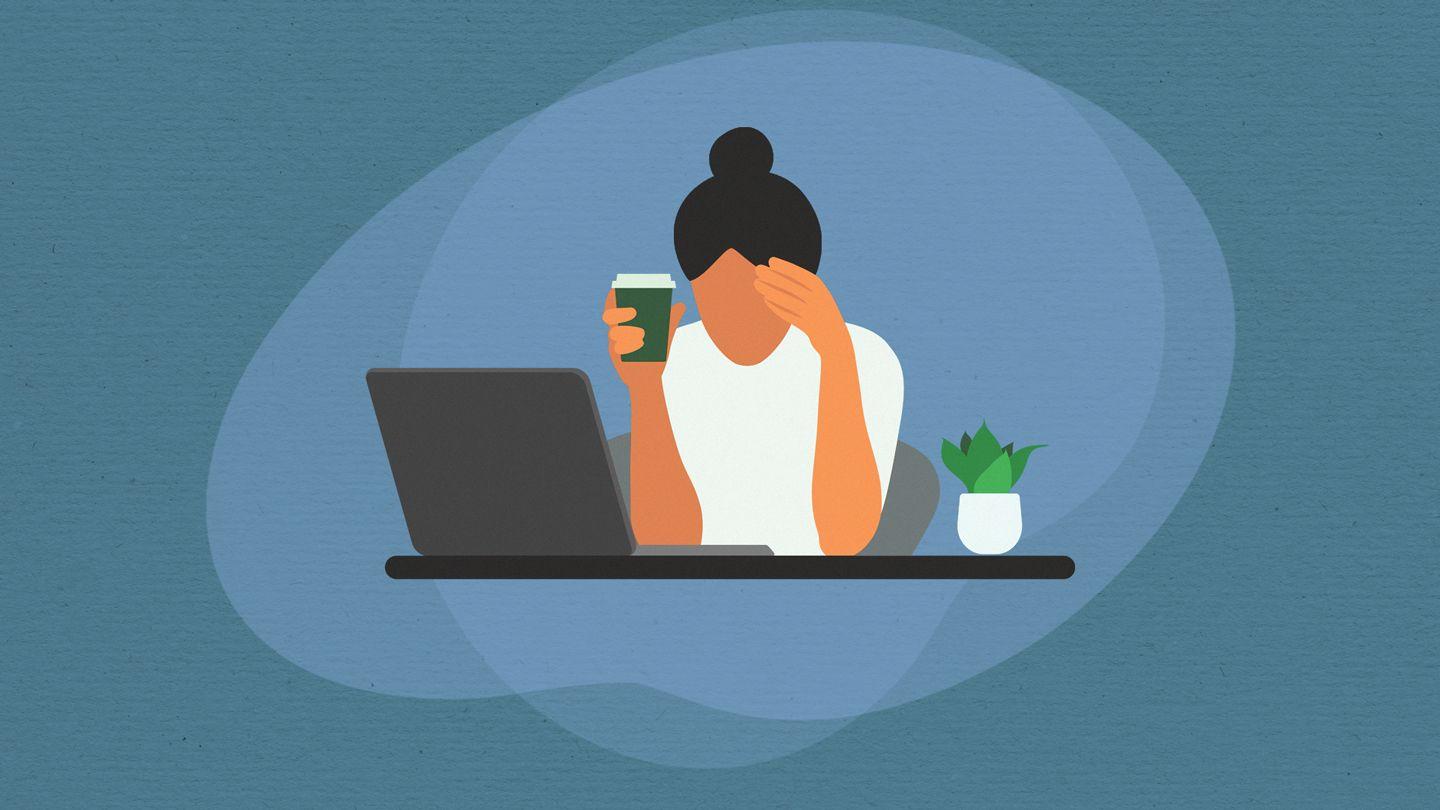Narcolepsy is a neurological sleep disorder that impacts the brain’s ability to regulate sleep-wake cycles, leading to excessive daytime sleepiness and a range of other symptoms. In this comprehensive guide to Narcolepsy 101, we delve into the various aspects of this condition, including its symptoms, diagnostic process, treatment options, and lifestyle management strategies. By exploring the latest research and advancements in Narcolepsy care, we aim to provide valuable insights for individuals living with Narcolepsy and those seeking a better understanding of this often misunderstood disorder.
Introduction to Narcolepsy
What is Narcolepsy?
Narcolepsy is like a surprise party your body throws for you, except this party involves sudden bouts of uncontrollable sleepiness. It’s a neurological disorder that messes with your sleep-wake cycles, leading to unexpected naps, excessive daytime sleepiness, and other funky symptoms.
Prevalence and Impact of Narcolepsy
Narcolepsy is rarer than finding a unicorn at a coffee shop, affecting about 1 in 2,000 people. It’s not just about feeling sleepy; it can be a real party pooper, impacting your daily life, work, and relationships. But fear not, there’s light at the end of the narcoleptic tunnel!
Understanding the Symptoms of Narcolepsy
Excessive Daytime Sleepiness
Feeling like a zombie during the day? Narcolepsy’s favorite trick is making you doze off at the most inconvenient times – like during meetings, conversations, or Netflix binges. It’s like your brain’s “power save mode” kicking in without permission.
Cataplexy
Cataplexy is narcolepsy’s way of knocking your legs out from under you – literally! It’s sudden muscle weakness triggered by strong emotions like laughter or surprise. Imagine trying to tell a joke and ending up on the floor – not the punchline you were going for.
Hypnagogic and Hypnopompic Hallucinations
Ever had trippy dreams that feel too real? Narcolepsy can give you front-row seats to these dreamy adventures, making you see, hear, or feel things that aren’t really there. It’s like a bedtime story gone wrong, playing out in your waking hours.
Sleep Paralysis
Picture this: you wake up from a dream, but your body stays in snooze mode. Sleep paralysis is like being trapped in a half-asleep, half-awake limbo, unable to move or speak. It’s the ultimate “I’m not a morning person” situation.
The Diagnostic Process for Narcolepsy
Clinical Evaluation and Medical History
When your superhero sleep patterns turn into sleep-villains, it’s time to seek help. Doctors will dive into your sleep habits, medical history, and symptoms to unmask the sneaky narcolepsy hiding within you.
Sleep Studies and Diagnostic Tests
Welcome to the sleep Olympics! Sleep studies and diagnostic tests are like narcolepsy detectives, monitoring your brain waves, heart rate, and movements while you snooze. It’s like a slumber party, except with wires and sensors – fun times!

Treatment Options for Narcolepsy
Medications for Narcolepsy
Say hello to your narcolepsy sidekicks – medications! From stimulants to antidepressants, these meds help keep your sleep-wake cycle in check and kick excessive sleepiness to the curb. It’s like giving your brain a caffeine boost, minus the jitters.
Behavioral Therapies and Lifestyle Changes
Time to upgrade your sleep game! Behavioral therapies and lifestyle changes are your secret weapons against narcolepsy’s shenanigans. From sticking to a sleep schedule to avoiding caffeine before bed, these habits can help you snooze like a pro and show narcolepsy who’s boss.
Lifestyle Management Strategies for Narcolepsy
Living with can be challenging, but implementing lifestyle management strategies can make a big difference. Here are some tips to help you navigate daily life:
Sleep Hygiene Tips
– Stick to a consistent sleep schedule.
– Create a relaxing bedtime routine.
– Keep your bedroom dark, quiet, and cool for optimal sleep.
– Limit caffeine and avoid large meals close to bedtime.
Diet and Exercise Recommendations
– Eat a balanced diet to support overall health and energy levels.
– Incorporate regular exercise into your routine to improve sleep quality and reduce daytime sleepiness.
– Avoid heavy meals and alcohol close to bedtime.
Coping with Narcolepsy in Daily Life
While living with presents its own set of challenges, there are ways to cope effectively in your daily life:
Work and School Accommodations
– Communicate with your employer or school about your condition and discuss potential accommodations such as flexible work hours or nap breaks.
– Prioritize tasks and take breaks when needed to manage fatigue.
Social Support and Mental Health
– Seek support from friends, family, or a therapist to cope with the emotional challenges of.
– Join support groups or online communities to connect with others who understand what you’re going through.
Research and Advancements in Narcolepsy Treatment
Stay informed about the latest research and treatment options for to make informed decisions about your care:
Ongoing Studies and Clinical Trials
– Stay updated on ongoing studies and clinical trials for new treatments.
– Consult with your healthcare provider about potential opportunities to participate in research.
Innovations in Narcolepsy Care
– Explore new advancements in care such as wearable technology for tracking sleep patterns or emerging medications.
Conclusion: Living Well with Narcolepsy
Living with narcolepsy may present challenges, but with the right strategies and support, you can lead a fulfilling life. Remember to prioritize self-care, seek appropriate accommodations, and stay informed about advancements in treatment for optimal management of your condition. It’s all about finding a balance that works for you and embracing your unique journey with a touch of humor and resilience.Stay well-rested, stay informed, and stay fabulous!In conclusion, navigating life with can present challenges, but with the right support, treatment, and self-care strategies, individuals can effectively manage their symptoms and lead fulfilling lives. By staying informed about the latest research and seeking appropriate medical guidance, those affected by can find ways to cope with the condition and improve their quality of life. Remember, you are not alone in this journey, and with perseverance and a proactive approach, it is possible to live well with narcolepsy.






